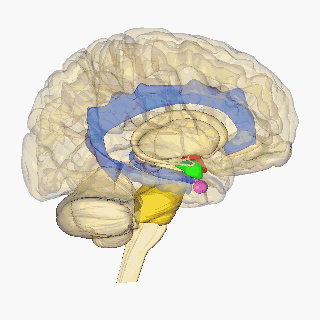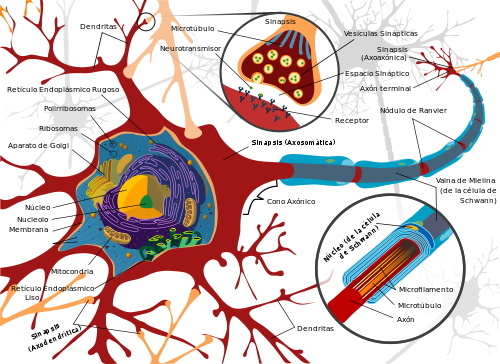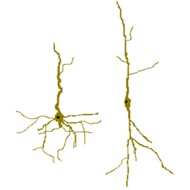Oxytocin Increases Generosity in Humans
Publicado en: LECTURAS | Marzo 21, 2013 | PDF

Paul J. Zak-Angela A. Stanton-Sheila Ahmadi
PLOS ONE Journals, US
Open-Access Research Article
http://www.plosone.org
Abstract
Human beings routinely help strangers at costs to themselves. Sometimes the help offered is generous—offering more than the other expects. The proximate mechanisms supporting generosity are not well-understood, but several lines of research suggest a role for empathy. In this study, participants were infused with 40 IU oxytocin (OT) or placebo and engaged in a blinded, one-shot decision on how to split a sum of money with a stranger that could be rejected. Those on OT were 80% more generous than those given a placebo. OT had no effect on a unilateral monetary transfer task dissociating generosity from altruism. OT and altruism together predicted almost half the interpersonal variation in generosity. Notably, OT had twofold larger impact on generosity compared to altruism. This indicates that generosity is associated with both altruism as well as an emotional identification with another person.
About the Authors
Paul J. Zak. Center for Neuroeconomics Studies and Department of Economics, Claremont Graduate University, Claremont, California, United States of America.
Paul J. Zak. Department of Neurology, Loma Linda University Medical Center, Loma Linda, California, United States of America.
Angela A. Stanton. Argyros School of Business & Economics, Chapman University, Orange, California, United States of America.
Sheila Ahmadi. Division of Endocrinology, Geffen School of Medicine, University of California Los Angeles, Los Angeles, California, United States of America.
Citation
Zak PJ, Stanton AA, Ahmadi S (2007) Oxytocin Increases Generosity in Humans. PLoS ONE 2(11): e1128. doi:10.1371/journal.pone.0001128
Article Source
http://www.plosone.org/article/info%3Adoi%2F10.1371%2Fjournal.pone.0001128



